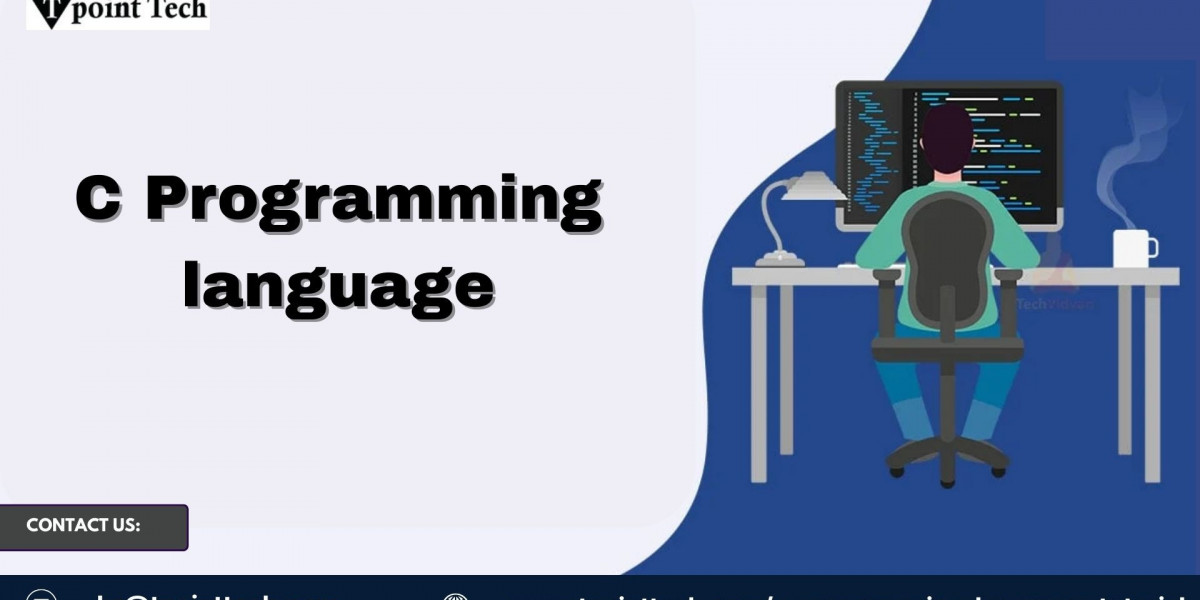Introduction
In the ever-evolving world of software development, new programming languages seem to emerge every year, promising increased productivity, better performance, and improved safety. From high-level languages like Python and JavaScript to modern systems languages like Rust and Go, developers have more options than ever. So, the question arises: Is the C programming language still relevant in 2025?
The short answer is yes — and here’s why.
A Foundation of Modern Computing
The C programming language has been around since the early 1970s, created by Dennis Ritchie at Bell Labs. Despite being over 50 years old, C remains one of the most widely used and taught programming languages globally. It forms the foundation of many modern programming languages, including C++, Java, and even Python, whose interpreter is written in C.
C’s low-level capabilities allow it to interact directly with hardware, making it the go-to choice for systems programming. Operating systems such as Linux, Windows, and macOS have significant portions written in C. Even embedded systems, microcontrollers, and firmware for smart devices are typically developed using the C programming language.
Why Developers Still Learn C Programming Language
If you're wondering why you should learn C programming language in 2025 when there are so many "easier" alternatives, consider this: C gives you an unmatched understanding of how computers actually work. Learning C helps you grasp crucial concepts such as memory management, pointers, stack vs heap allocation, and how compilers and processors execute code.
Many universities and computer science programs still start with C because it teaches fundamental programming skills and instills a strong foundation that makes learning other languages easier.
Additionally, C is portable and extremely fast, with minimal overhead. This makes it ideal for performance-critical applications, such as real-time systems, game engines, and device drivers.
C’s Role in Modern Technology
The world runs on C more than most people realize. In 2025, countless pieces of technology — from the smallest embedded sensors to the most powerful supercomputers — rely on code written in C. Here are some areas where C continues to dominate:
- Operating Systems: The Linux kernel is almost entirely written in C. Since Linux powers everything from web servers to Android phones, C has a direct impact on billions of users.
- Embedded Systems: Smartwatches, home appliances, medical devices, and automotive systems often run firmware written in C due to its efficiency and control.
- IoT Devices: The Internet of Things (IoT) will continue to grow in 2025, and C remains a preferred language for developing low-power, resource-constrained devices.
- Compilers and Interpreters: Even high-level languages like Python, Ruby, and PHP have interpreters or compilers written in C.
- Game Engines: While game development may involve scripting in languages like Lua or Python, the core engines are often built in C or C++ for performance.
Challenges and Criticisms
That said, the C programming language isn’t without its flaws. It lacks modern conveniences such as garbage collection, object-oriented programming, and strong type safety. Manual memory management can lead to bugs like memory leaks, buffer overflows, and segmentation faults — issues that more modern languages are designed to prevent.
Because of this, some developers argue that languages like Rust are better suited for modern systems programming. Rust offers many of the same low-level capabilities as C, with better safety features. However, Rust's complexity and smaller ecosystem mean that C remains dominant in many areas, particularly where legacy systems and compatibility concerns prevail.
C and the Future
Despite competition, the C programming language isn’t going anywhere. In fact, job listings for C developers remain strong in industries such as embedded systems, aerospace, robotics, cybersecurity, and operating system development. Open-source projects continue to utilize C, and the language receives active support through standards such as C11 and C18.
If you’re planning a career in systems-level programming, cybersecurity, robotics, or embedded development, you’ll likely need to learn C programming language at some point. Even if your day-to-day work involves Python or JavaScript, having C in your toolbox gives you a deeper understanding of what’s happening under the hood — and that’s a competitive advantage.
Conclusion
While newer languages offer abstraction and safety, the C programming language offers control, performance, and a deep connection to the hardware. Whether you're a student, an aspiring systems programmer, or a seasoned developer, choosing to learn C programming language is still a wise investment for your career. It’s not just about writing code — it’s about understanding how the machine truly works.










